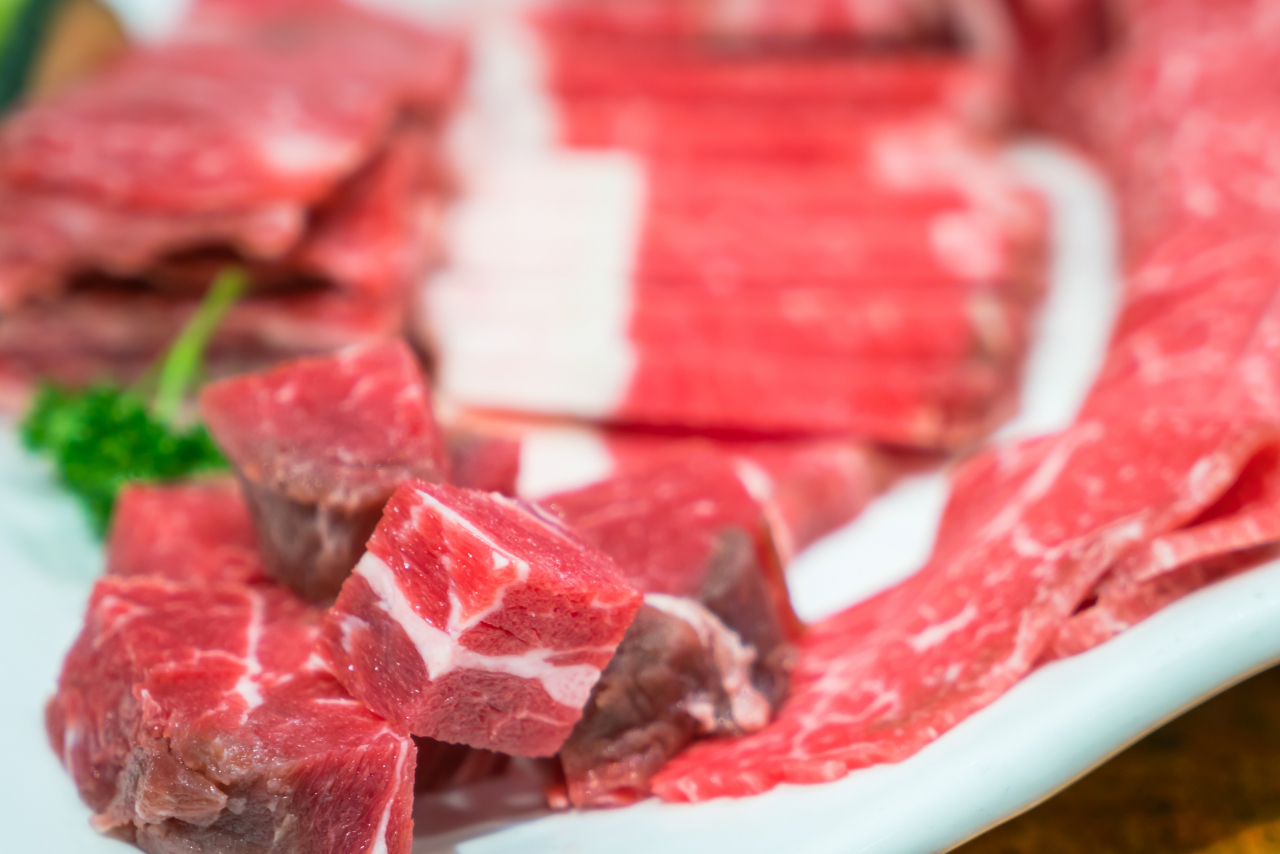Beef prices have soared 100-fold over 50 years : data
Meat prices rise most among daily necessities; ramen, soju see 8-fold, 14-fold surges respectively
By Lee Yoon-seoPublished : Oct. 16, 2023 - 15:49

The cost of daily necessities in South Korea has surged over the past 50 years amid the nation's rapid economic growth and soaring inflation, revealed data released Monday.
According to data compiled buy the Korea Price Research Center, a 1 kilogram cut of Korean beef that would have cost 1,366 won in 1974 now costs 145,900 won ($108), while the price of pork rose from 700 won per kilogram to 31,800 won during the same period. Beef and pork experienced the steepest price hikes of 100-fold and some 45-fold, respectively.
The price of rice rose by some fivefold from 813 won per kilogram in 1983 -- the earliest year the data was collected -- to 4,200 won in 2023.
Ten eggs initially cost 240 won in 1974, but rose to 3,980 won in 2023, a rise of some 16-fold.
The price of a head of cabbage, which cost 80 won in 1974, rose to 3,980 won in 2023, seeing a 50-fold increase in costs.
For fishery products, the price of mackerel, one of most popularly consumed fish in Korea, increased by a factor of six from 800 won per fish in 1988 -- the earliest year the data was collected -- to 4,580 won this year, while the price of 1 kilogram of squid increased by ninefold from 600 won, to log 5,400 won, during the same period.
In addition, the price of ramen, one of the most commonly consumed products in Korea, surged by a factor of eight over the last 50 years. The price of a packet of ramen at 120 grams, which cost 100 won in 1978 -- the earliest year the data was collected -- surged to 820 won in 2023.
A bottle of soju at 360 milliliters, another popularly consumed daily product for Korean consumers, also experienced significant price growth over the last 50 years. The price rose by a factor of 14 from 95 won in 1974 to 1,370 won this year.
Meanwhile, the price of a bottle of 360 ml beer rose sixfold from 235 won to 1,580 won during the same period.
“Policies that centered around export-led industrialization, which led to an increase in the flow of money in the country, contributed to (overall) inflation,” said an official from the KPRC via the report.
According to the official, rapidly increasing domestic demand and drastic changes in international raw material supply over the past 50 years also contributed to inflation.
"South Korea has created a strong economic system (over the last 50 years) by experiencing alternating (economic) shocks and recoveries via various crises. Thanks to this, Korea has been able to transform from a small country without any resources, to one with the 10th-largest global economy in the world," he said.
However, the KPRC report highlighted that although Korea has seen stellar development based on rapid economic growth since the 1980s, the growth rate of the country's economy in the 2020s has been stalling, maintaining an annual average of 2 percent.
"A low birth rate, aging population and low economic growth rate is currently causing the biggest crisis in 70 years of Korean economic history," the report said.
According to the data from Statistics Korea released in February, last year’s total fertility rate for Korea posted an all-time low of 0.78. The number is half of the Organization for Economic Cooperation and Development's average at 1.59.



















